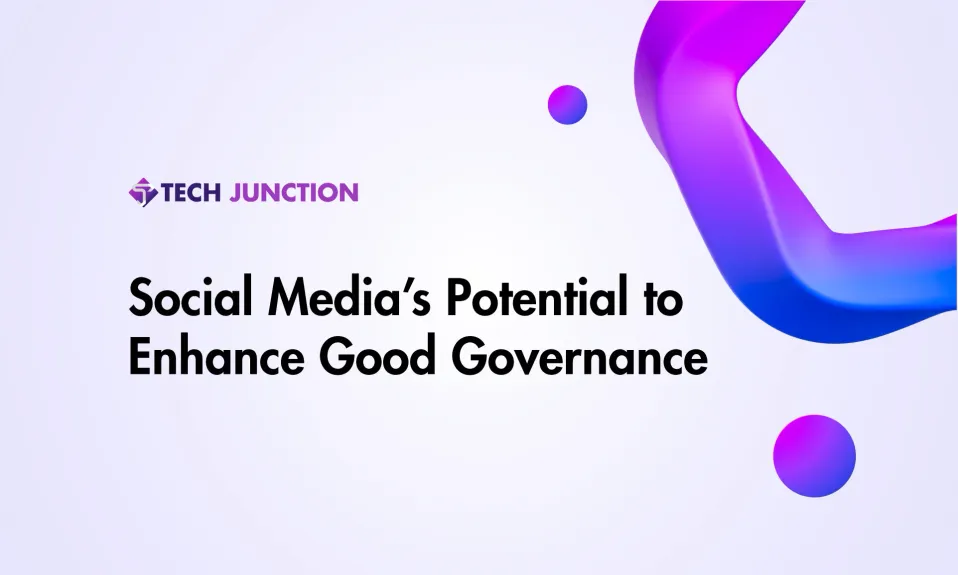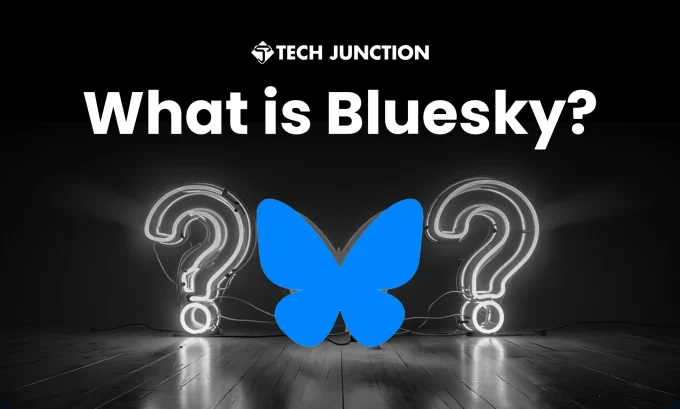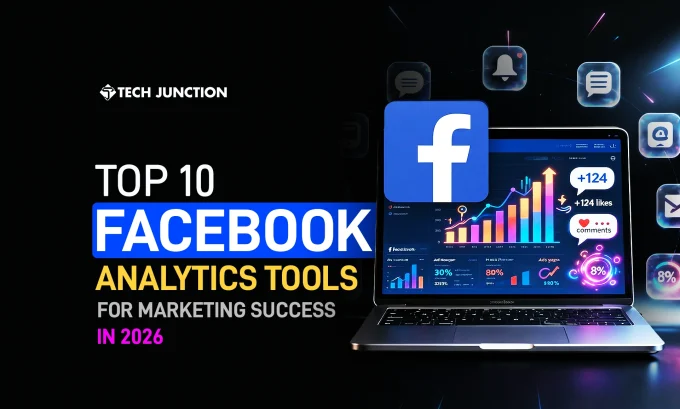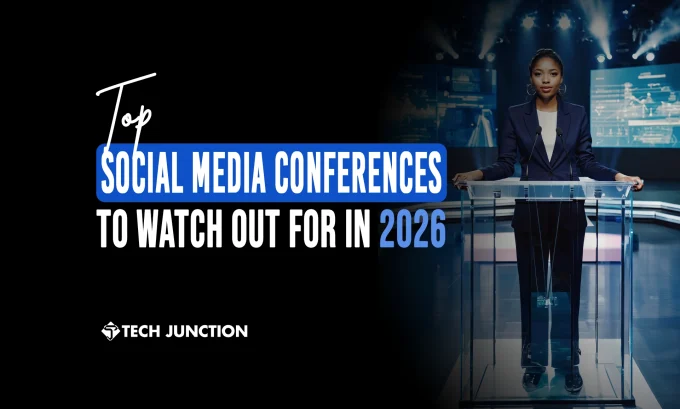In 2011, the world witnessed protests sweeping across the Middle East and North Africa regimes. At the forefront of these uprisings was a new tool, social media, shaping the face of human activism. Videos on social media showing brutality and crackdown by Egyptian police in Tahrir Square started a fierce struggle against the draconian rulers. It could be argued that the use of social media during the Arab Spring created a domino effect that led to the downfall of despotic rulers. The Arab Spring proves that social media Good Governance could be a vital tool against corrupt regimes and tyrannical rulers and could facilitate man’s search for a prosperous future. Among the tried political systems, democracy, despite all its flaws, is still preferred by the enlightened masses. A holistic analysis of failing democratic values shows that poor governance lies at the root of democratic failure in the contemporary world. Social media, bringing a culture of transparency and openness coupled with the potential to strengthen and mold public opinion, provides the perfect opportunity to eradicate the ills of poor societal governance. The unparalleled connectivity at the core of social media not only globalized the entertainment and news but ideologies and cultures are interconnected today more than ever before. This interconnectivity has armed social media to fight against social ills at peacetime and to strengthen socio-economic guards during calamities. However, the evil use of such platforms also has the potential to wreak havoc on already ill-governed societies. Rising propaganda in populist regimes, a plethora of fake news, and cyberbullying could amplify the governance challenges. However, strategically devised policies, improving legal frameworks, and era-suited education can contain these drawbacks of social media at hand.
Social Media Unlocking the Doors of Inclusive Governance
If one has to describe good governance in one phrase, that would be “inclusive policy making”. Including masses in the policy cycle ensures transparency and accountability in the government, as Daron Acemoglu and James Robinson argued in their book “Why Nations Fail”. In this regard, social media’s huge potential lies in the fact that one in every 2.3 adults in South Asia uses social media. The Ministry of External Affairs of India using X(formerly Twitter) to provide passport applicants with assistance and updates on the status of their applications could be taken as a perfect case in point here. This shows the potential of social media to enhance good governance and facilitate the populous.
Social Revolutions Fueled by Openness of Social Media
Assisting the masses is strongly linked to listening to and acting upon their opinions. Public opinion is the cornerstone of inclusive governance. Social media is the perfect platform for the public to raise their voices and demands. Due to technology’s openness and unbiased nature, social media platforms are accessible to every cadre of society. The utilization of social media to improve governance via positive policy change is evident from the “#MeToo movement” started in 2017. The campaign went viral on social media, with millions sharing their stories of sexual harassment and assault. This led to several policy changes, including new laws and regulations to address sexual harassment.
Amber Heard joined her inspiring attorney and friend Jen Robinson at her talk about her book #HowManyMoreWomen exposing the law that silences women and gave Amber a shout out and the public gave her an applause #ThanksJen 🤩#IStandWithAmberHeard#JohnnyDeppIsAWifeBeater pic.twitter.com/AgvXt7wxwp
— STIRGUS SACCHETTI (@stirgussa) October 15, 2023
Globalization of Ideologies by Social Media Strengthening Democracies
The success of “the #MeToo movement” reveals that social media has globalized entertainment and news and shattered the boundaries of ideologies and cultures. From human rights to saving the climate, identifying repressing customs, and uncovering oppression, social media has successfully enlightened the masses about their rights and entitlements. This has made the powers more conscious of their actions or adopting any policy against popular support. The political socialization led by social media is depicted in the pro-democracy protests that were largely organized and coordinated through social media in Hong Kong in 2019. Sticking to democratic values and liberal ideologies, the protestors negated a proposed extradition bill that would have allowed Hong Kong residents to be deported to mainland China. The Hong Kong pro-democracy protests eventually led to the withdrawal of the extradition bill, displaying ideological globalization led by social media.
Enhancing Good Governance during Natural Disasters vis-a-vis Social Media
Another important utility of social media is its effectiveness during disasters and calamities. Unpredictable weather patterns due to climate change require rapid government actions to mitigate the damages. Social media platforms provide opportunities to spread safety protocols and precautionary measures rapidly and help detect and analyze climate calamities. Tools like the Twitter Earthquake Detection (TED) tool, BGS GeoSocial, and Prediction of Natural Hazards with Flickr tags are actively used to detect natural hazards early. While UK Snow Map, myVolcano, and Citizen Seismology gather and analyze data that aid in forecasting, preparedness, and response decisions. Similarly, many Facebook groups and Twitter channels help identify victims, helping the stranded citizens and highlighting governments’ negligence. Such a huge impact of social media has naturally urged governments to provide people with good governance.
The Perils of Social Media: a Double-Edged Sword for Governance
Despite this huge potential, there are several caveats associated with using social media for governance. The propagation of fake news and propaganda by external and internal actors raised concerns about the reliability of the information in today’s digital world. The detrimental impacts of the ill use of social media by populist leaders were illustrated by the 6-January riots and attacks on Capitol Hill. The spread of false information on social media platforms was the main culprit behind the unrest. Moreover, the proliferation of digital crimes due to social media has also created numerous challenges for governance, especially in underdeveloped countries. Cyberbullying, digital harassment, and online scamming are some menaces that emerged or enhanced due to social media. These issues have exacerbated the governance challenges, as depicted by growing risks of phishing, malware, and DOS attacks, particularly in third-world countries.
Countering the Downside: Mitigating Social Media's Impact on Governance
A pragmatic approach by policymakers and a multifaceted strategy could encounter these threats. Starting with understanding the technology, basic education regarding new technologies must be encouraged at the state level. This can be achieved by promoting capacity building via mandatory training programs for officials. A learned bureaucracy and an educated legislature can fill the gaps between technology and legislature.
The Singapore government presents a perfect model here. Along with making significant investments in cybersecurity education and awareness, the government also launched several initiatives to teach young people about cybersecurity, such as the Cyber Security Agency of Singapore’s (CSA) Cyber Youth Challenge and the National Cyber Security Agency’s (NCA) Cyber Security Challenge. The government has also made it mandatory for all public sector employees to complete cybersecurity training. As a result of these investments, Singapore was ranked as the most secure country in the world in the Global Cybersecurity Index by the International Telecommunication Union (ITU) in 2020. Singapore’s success is a testament to the importance of basic education and capacity building in eradicating social media challenges. Concluding the arguments, it could be seen that social media possess tremendous possibilities for promoting good governance. Social media has countless applications in governance, from inclusive government to social change and propagating ideologies to mitigating disasters. Although some challenges are associated with the excessive reliance on social media, efficacious measures aiming at capacity building could counter such challenges and make social media a powerful tool for leaders and governments to deliver good governance.
The Tech Junction is the ultimate hub for all things technology. Whether you’re a tech enthusiast or simply curious about the ever-evolving world of technology, this is your go-to portal.















